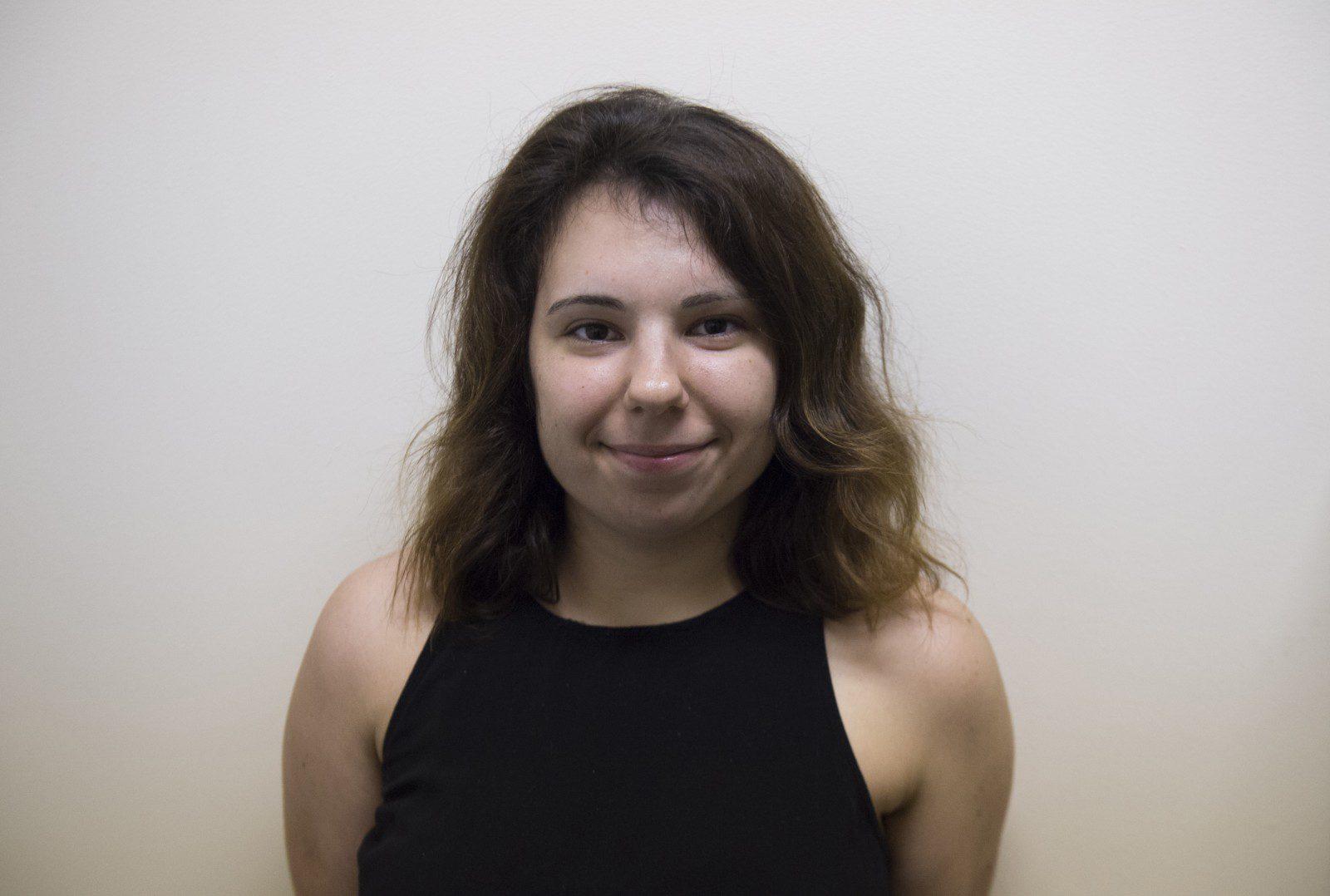In December, former college athlete Lawrence “Poppy” Livers filed a lawsuit against the NCAA, alleging that student-athletes are workers and they deserve to be paid as such. At the very least, Livers argues, they should be paid as much as other students who work on campus — dining hall food servers, office assistants, tour guides and so on.
Livers raises a valid point. Student-athletes pour copious amounts of energy and time into their respective collegiate sports, yet they never see a dime. What’s worse is that all the time they devote to practice and games leaves little room to work and save money. Since many student-athletes come from lower socioeconomic backgrounds, that’s not productive. But beyond just paying student-athletes, there are a thousand and one things wrong with how the NCAA operates, and the stronghold it has on our most beloved college players.
If you’re a student-athlete playing a Division I sport at a Division I school, there are host of things you can’t do and a bunch of things you can’t have. To cite one example, a student at Macalester College wrote and published a book. Because he is a NCAA athlete, he can’t talk about his “involvement in intercollegiate athletics.” The student can’t even talk about the book on social media because, presumably, he’s made references on social media to athletics. The prohibition was designed to keep kids from profiting off their athlete status, but it can get silly and excruciatingly restrictive.
Given that the student from Macalester College is a normal college kid, he’s probably posting about sports everywhere. And now he’s got a book he can’t promote or talk about. So what if he profits off his status and skill as an athlete? And so what if he’s a young adult? People much younger than him have been profiting off their celebrity for decades — celebrity that, sometimes, isn’t even grounded in tangible skills or talents.
The NCAA profits lucratively off of student-athletes, and the kids don’t get to see any of that revenue. In fact, even if an athlete’s face, body, name and mannerisms are used in a video game, they won’t get paid for that.
The NCAA’s official excuse? It’s all for the supposed sake of preserving “amateurism” and love of the sport. The excuses they use behind closed doors and in courtrooms, though, are 10 times worse. In the Lawrence “Poppy” Livers’ lawsuit, the NCAA argued against paying student-athletes by citing the 1992 Vanskike v. Peters case. The problem with that case, though, is that it cited the 13th Amendment, which established that involuntarily labor in cases of punishment is A-OK. This means that the NCAA doesn’t want to pay its athletes because they’re just like prisoners.
Besides the the fact that these are students who play sports — not convicted criminals sentenced to prison — and its morally repugnant to equate the two in any way whatsoever, the NCAA just compared the work that star college-athletes put in for practices and games to forced slave labor. It’s offensive. It’s disgusting. And it sure doesn’t look good.
If paying students is a logistical nightmare, colleges ought to let their players profit on their own terms. They should be able make money from their video game recreations, and they should be allowed to appeal for brand endorsements. If they have written books, started water bottle companies, worked for T-shirt presses or monetized YouTube videos, they should be able to promote those things any which way they want — without the NCAA breathing down their necks.





















































































































Burton Charvet • Feb 27, 2018 at 6:24 pm
I visited several websites however the audio feature for audio songs present at this website is in fact marvelous.